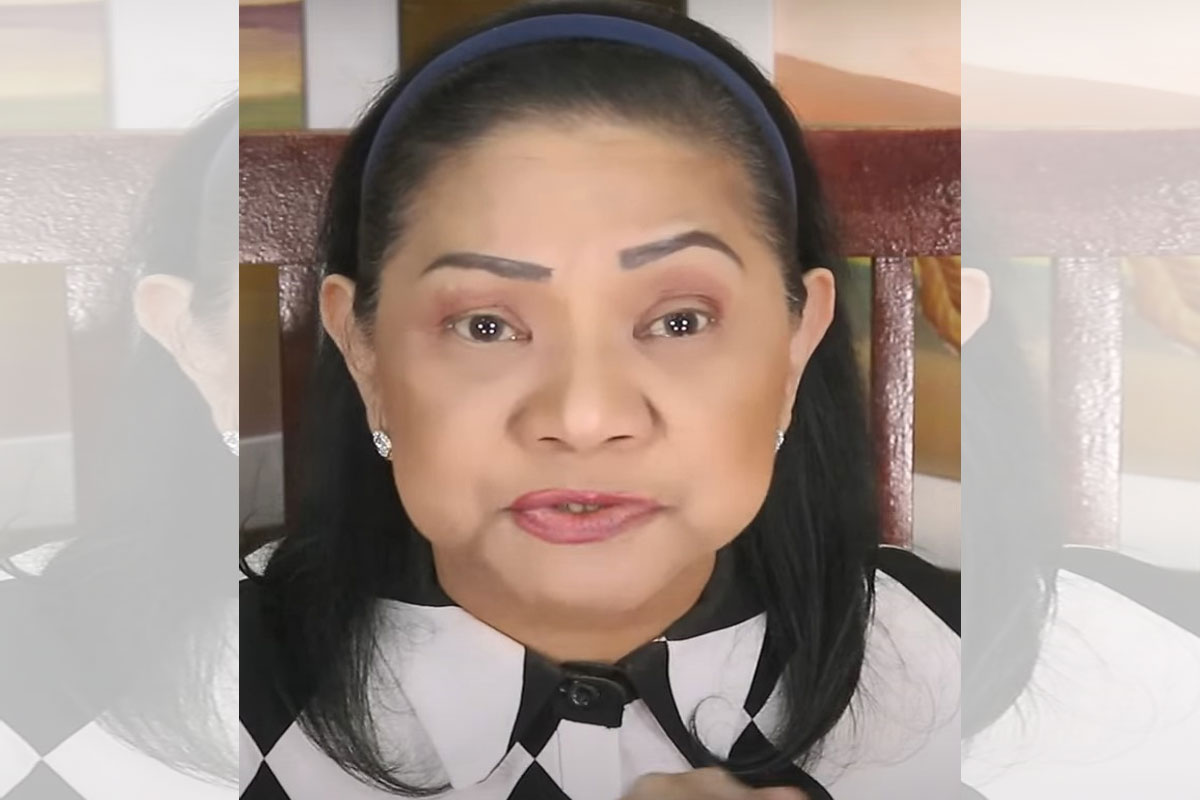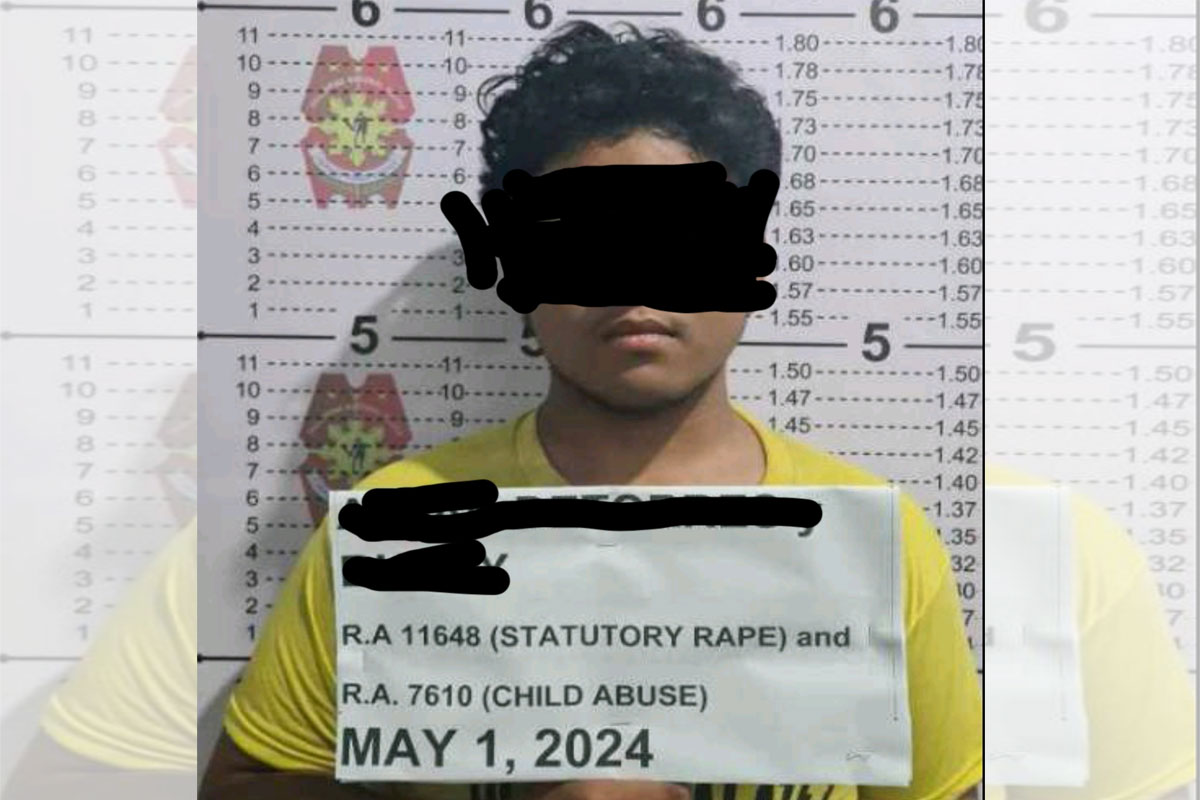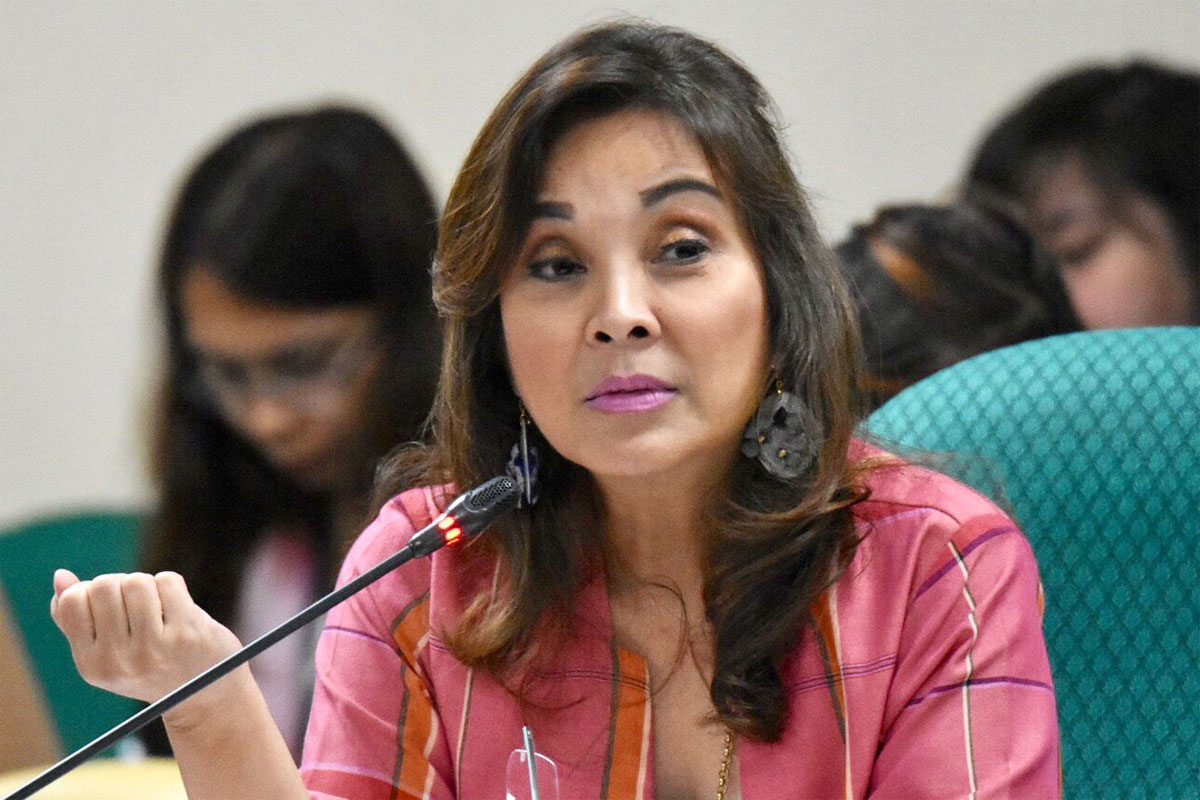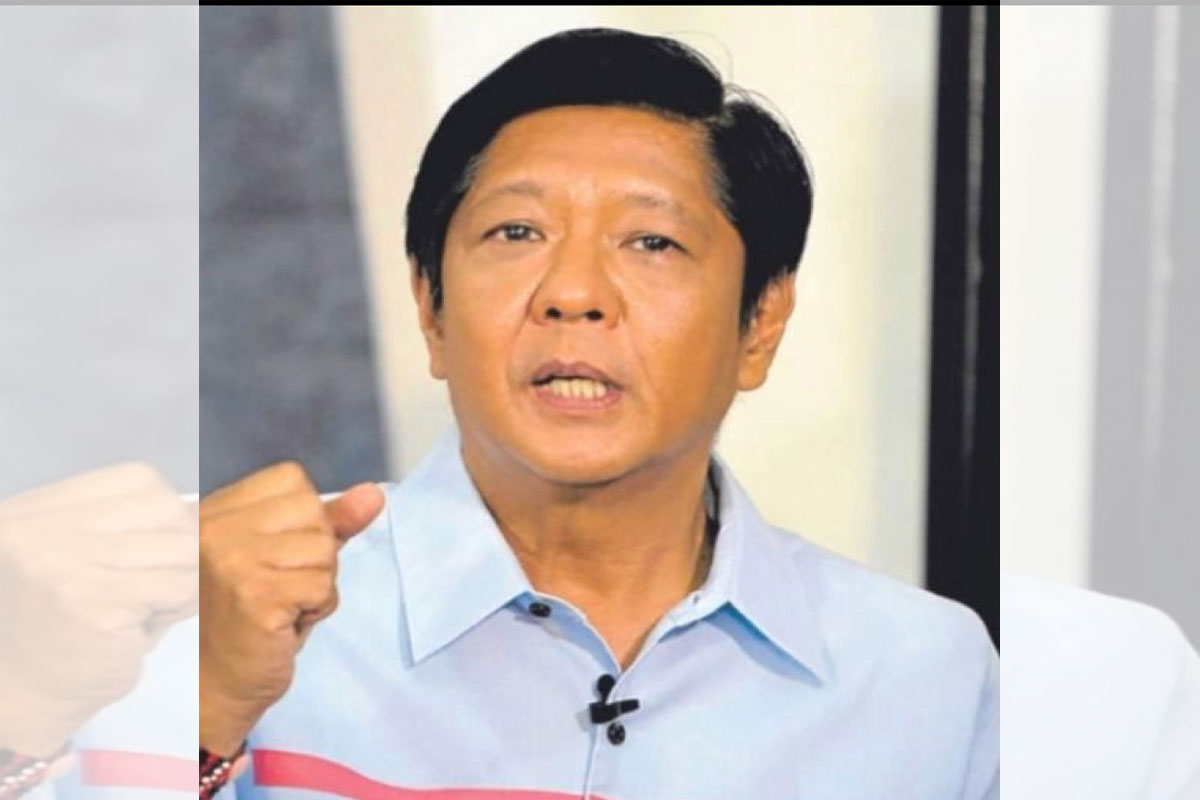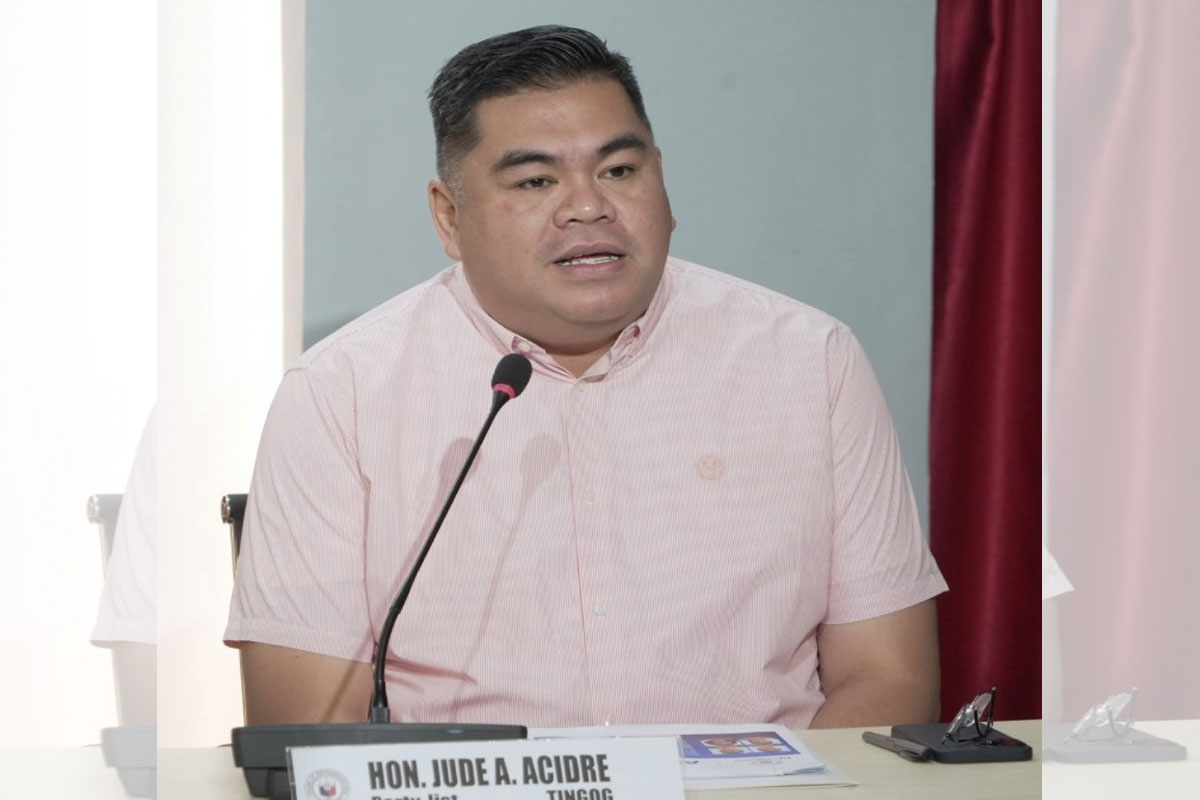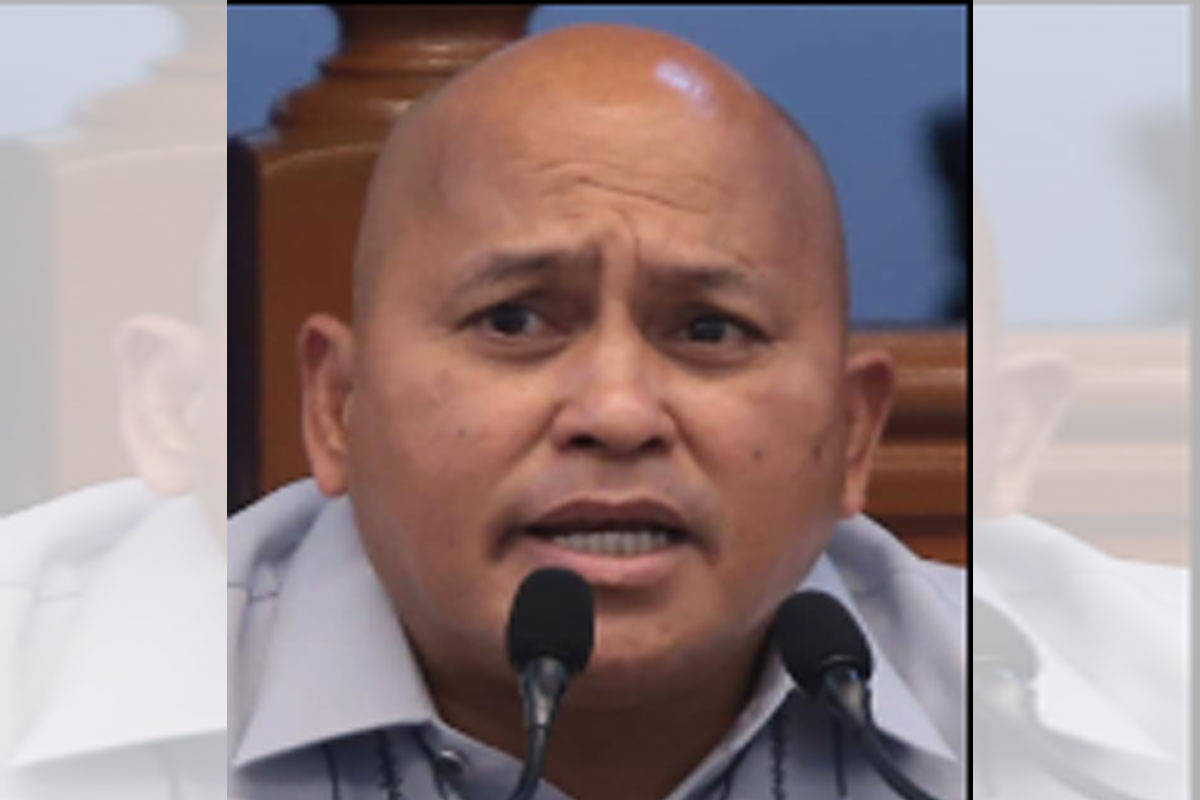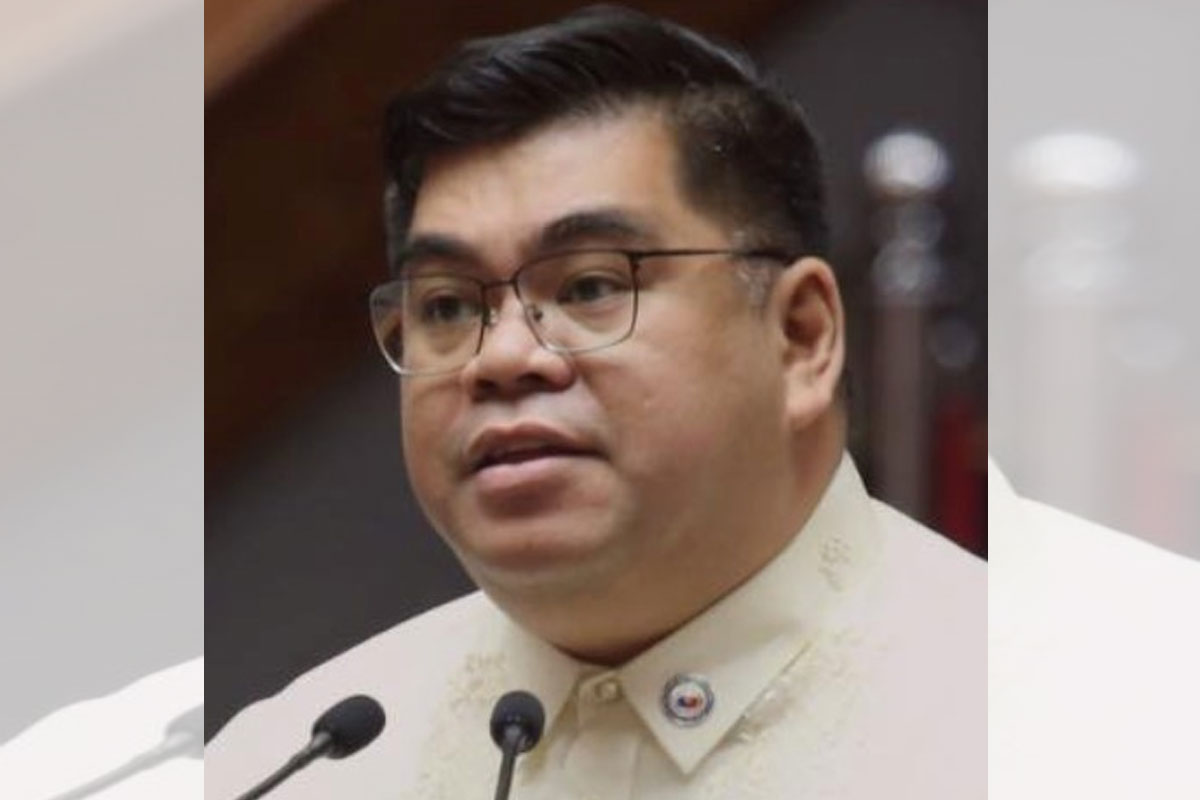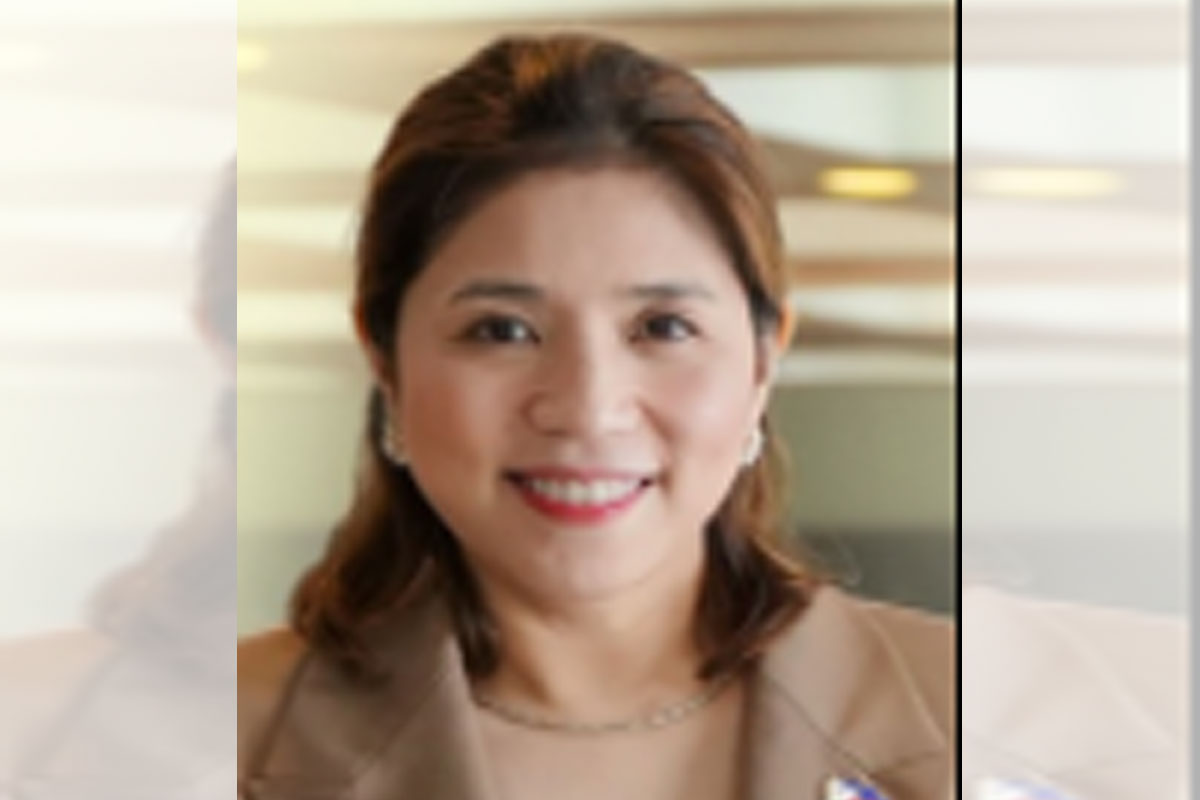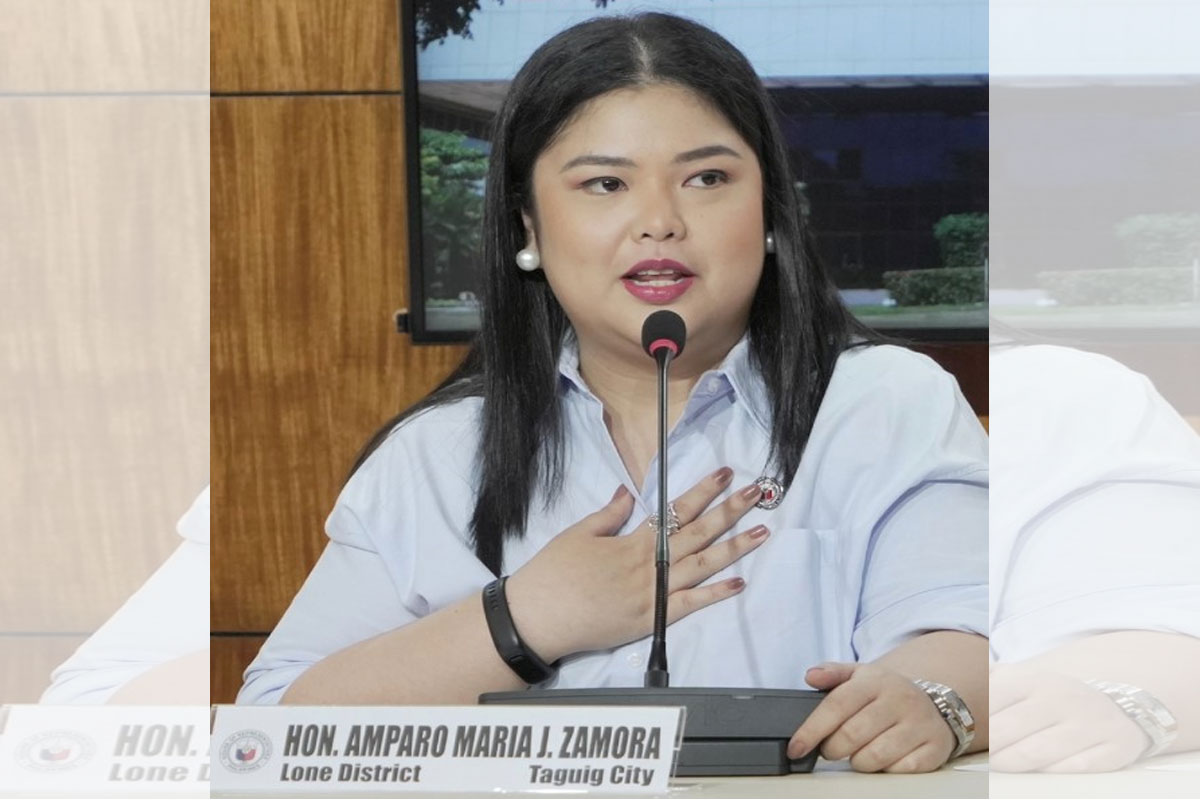Calendar
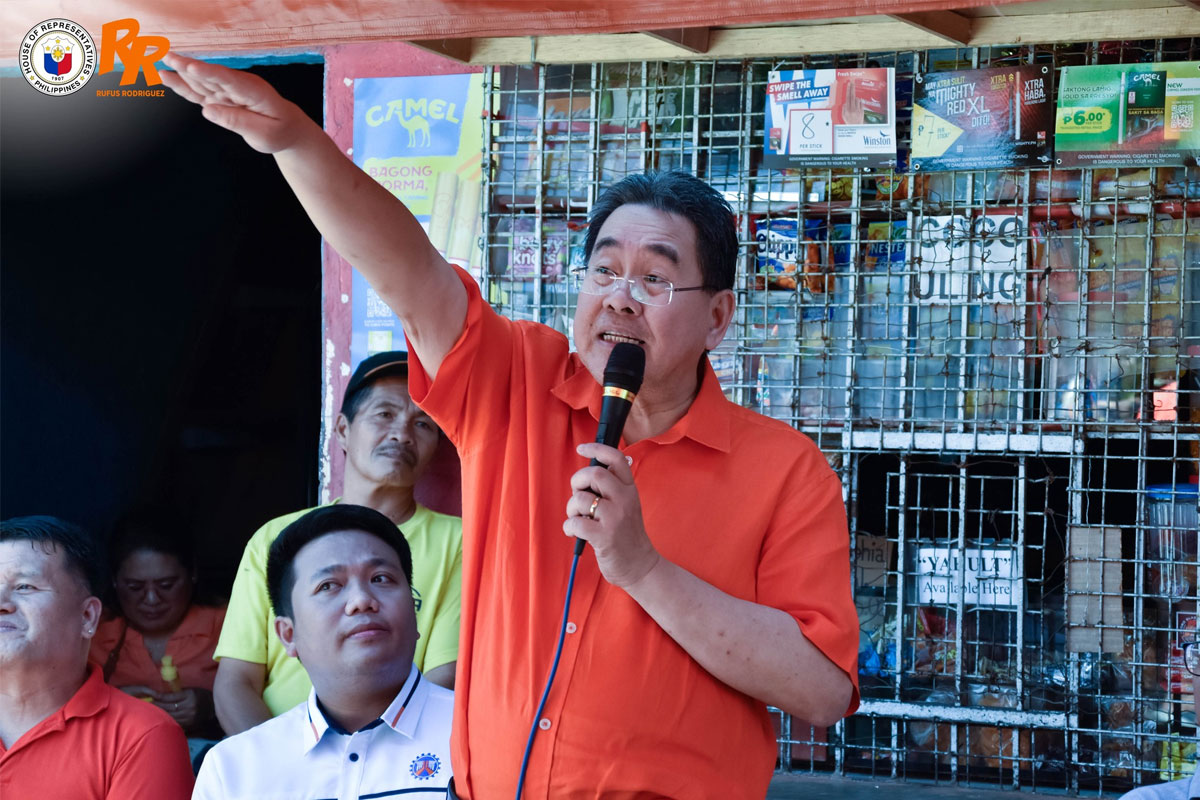 Cagayan de Oro City 2nd District Rep. Rufus Rodriguez
Source: Rufus B. Rodriguez FB
Cagayan de Oro City 2nd District Rep. Rufus Rodriguez
Source: Rufus B. Rodriguez FB
UP economists inakusahang ‘anti-poor’ sa pagtutol sa economic Charter reform
INAKUSAHAN ni Cagayan de Oro City 2nd District Rep. Rufus Rodriguez ang isang grupo ng ekonomista mula sa University of the Philippines (UP) na “anti-poor” sa kanilang pagtutol sa panukala na amyendahan ang restrictive economic provisions ng Konstitusyon.
“This group is anti-development, anti-employment, anti-economic progress, and anti poor. They are trying to block economic Charter reforms which we believe will bring in more foreign direct investments (FDIs), which in turn will accelerate our country’s economic development, and create more job and income opportunities for our people,” ani Rodriguez.
Sinabi ni Rodriguez na ang UP, kung saan siya kumuha ng law degree, ay kilalang lugar ng aktibismo at academic freedom kung saan umuusbong ang mga ideya para sa pag-unlad.
“But its economists and other academicians should not find fault in every proposal from government, including Congress. They should not oppose just for the sake of opposing,” sabi ni Rodriguez.
Sa isang position paper, tinutulan ng mga ekonomista mula sa UP ang panukalang economic Charter amendments at sinabing ang dapat na pagtuunan ng pansin ng mga kongresista ay ang mga nakakaapekto sa pagpasok ng FDI gaya ng imprastraktura, connectivity, korupsyon, at pangingibabaw ng batas.
Sinabi ni Rodriguez, kumuha ng AB Economics sa De La Salle University at nagtapos na summa cum laude, na ang pag-amyenda sa Konstitusyon at pagtugon sa mga bagay na nakakaapekto sa pamumuhunan ay maaaring gawin ng sabay.
“I do not agree that the other ingredients for attracting investments are more important than removing foreign equity restrictions in the Charter. These limitations are the root cause of the reluctance of foreign businesses to invest in our country,” sabi pa ni Rodriguez.
Iginiit ni Rodriguez na tinutugunan din ng Kongreso ang iba pang investments-related issues at nagpapasa ng mga kinakailangang batas gaya ng Ease of Doing Business Act, pagbaba ng corporate income tax at pagbibigay ng iba pang insentibo sa mga mamumuhunan.
Pinuri naman ni Rodriguez, ang chair ng House committee on constitutional amendments, ang Foundation for Economic Freedom (FEF) sa pagsuporta nito sa panukalang economic Charter reform.
“FEF leaders have the interest of the nation at heart. They firmly believe, as we do, that lifting foreign equity restrictions would bring in foreign direct investments, which in turn will create more job and income opportunities for our people,” saad ni Rodriguez.
Ang mga lider at miyembro ng FEF, karamihan ay nagtapos din sa UP kasama na sina dating finance secretary Gary Teves at dating economic planning secretary Gerardo Sicat.
“We firmly believe that RBH 7 and its counterpart RBH6 in the Senate will provide certainty to the country’s economic policy direction by giving our legislators the flexibility to create legislation that is responsive to global and domestic economic realities, for the benefit of the Filipino people,” sabi ng FEF.
“The uncertainty in our economic policy framework stems from the contradiction between the restrictive provisions in our Constitution and the attempts to mitigate them through legislation. The uncertainty lies in the fact that enacted legislation, that went through rigorous debate and deliberation by both houses of Congress, can be rendered moot through a Supreme Court challenge on the grounds of constitutionality,” dagdag pa nito.
Tinukoy ng FEF ang ginawang pag-amyenda sa Public Service Act na kinuwestyon ang constitutionality sa Korte Suprema.
“Existing and potential investors in the telecommunication and transportation sector must await the resolution on these challenges to be certain of the actual policy of the Philippines. If the Supreme Court decides to rule that this law is unconstitutional, this will greatly damage the image of the Philippines with foreign investors,” sabi pa ng FEF.
“In summary, it is easy to find fault with proposed solutions to problems, while being completely comfortable with doing the exact same thing that created the problems in the first place. After 100 years of solitude from FDI, we believe it’s about time we try solving the problem,” dagdag pa nito.

